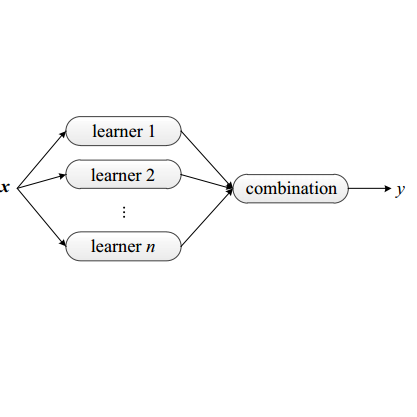In this paper we propose a novel approach to realize forecast verification. Specifically, we introduce a strategy for assessing the severity of forecast errors based on the evidence that, on the one hand, a false alarm just anticipating an occurring event is better than one in the middle of consecutive non-occurring events, and that, on the other hand, a miss of an isolated event has a worse impact than a miss of a single event, which is part of several consecutive occurrences. Relying on this idea, we introduce a novel definition of confusion matrix and skill scores giving greater importance to the value of the prediction rather than to its quality. Then, we introduce a deep ensemble learning procedure for binary classification, in which the probabilistic outcomes of a neural network are clustered via optimization of these value-weighted skill scores. We finally show the performances of this approach in the case of three applications concerned with pollution, space weather and stock prize forecasting.
翻译:在本文中,我们提出了实现预测核查的新办法。具体地说,我们引入了一种评估预测错误严重性的战略,其依据的证据是,一方面,仅仅预测发生事件的虚假警报比连续非经常性事件中间的警报更好,另一方面,孤立事件失灵的影响比一次连续事件失灵的影响更坏,这是几个连续事件的一部分。我们基于这一想法,引入了混乱矩阵和技能分数的新定义,更重视预测的价值,而不是其质量。然后,我们引入了一种二元分类的深刻的共通学习程序,通过优化这些有价值加权的技能分数将神经网络的概率结果集中在一起。我们最终展示了在涉及污染、空间天气和股票奖预测的三个应用中这一方法的绩效。



